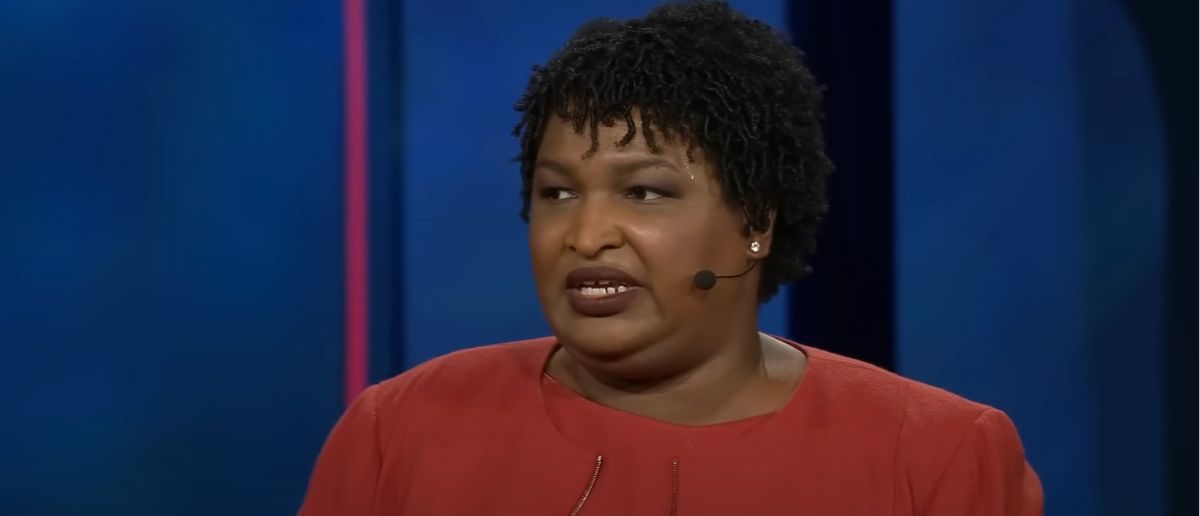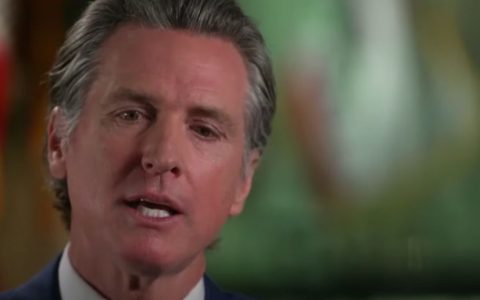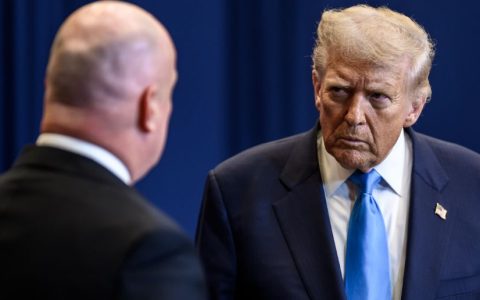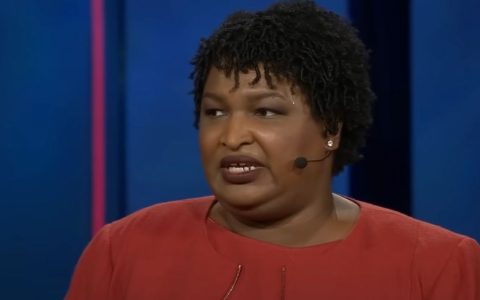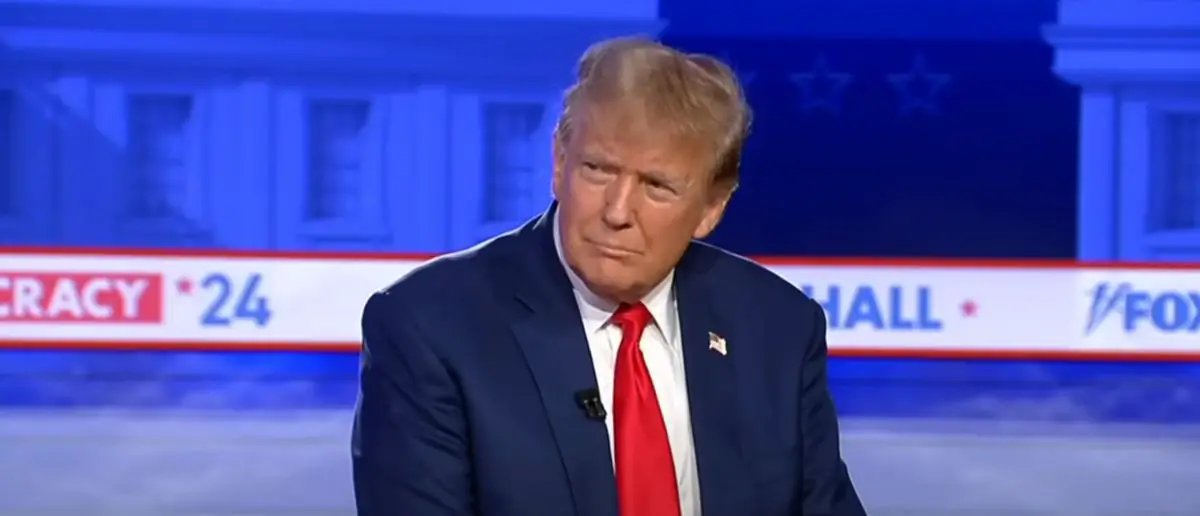
Donald Trump’s return to power has been the biggest comeback in American history. Now he wants to set records.
And Trump pulled a genius move that is driving Democrats up a wall.
President-elect Donald Trump sent shockwaves through Panama and the global community this week with his bold statement that the United States would demand the return of the Panama Canal if Panamanian officials don’t put an end to what he called the ongoing “rip-off” of America.
Trump didn’t hold back, reminding everyone that the U.S. “built it, paid for it,” and accusing former President Jimmy Carter of having “foolishly gave it away.” His remarks drew a sharp response from Panamanian President José Raúl Mulino, who asserted that the canal rightfully belongs to Panama.
Trump countered by emphasizing that “it was given to Panama and to the people of Panama, but it has provisions. You got to treat us fairly and they haven’t treated us fairly.”
Trump’s strategy is clear — renegotiating the Panama Canal treaty to secure a better deal for the United States. His approach mirrors that of President Teddy Roosevelt, who masterfully navigated diplomatic complexities involving the French, Colombians, and Panamanians to establish the canal in the first place.
The Panama Canal is more than a marvel of engineering — it’s a lifeline for American commerce and national security. About 73% of all ships passing through the canal are bound for or departing from U.S. ports, underscoring its strategic importance.
Beyond this, the canal plays a critical role in global trade, serving as a key artery during World War II and hosting U.S. troops to ensure its security.
What’s more alarming today is the expanding influence of Communist China in the region. In 2017, under former Panamanian President Juan Carlos Varela, Panama severed diplomatic ties with Taiwan in favor of Beijing.
The Trump administration swiftly pushed back, with Secretary of State Mike Pompeo’s 2018 visit leading to the cancellation of five Chinese-led infrastructure projects.
Concerns over Chinese involvement in the canal’s operations are mounting. Craig Fuller, CEO of FreightWaves, warned of potential espionage risks, noting that “China might embed surveillance technology within the Canal’s infrastructure, which could be used to monitor U.S. naval and commercial movements.”
This kind of access could hand Beijing critical intelligence on American military and logistical strategies.
General Laura Richardson, commander of U.S. Southern Command, echoed these concerns earlier this year, testifying that “China is exercising our playbook of being present economically and equipping the United States’ hemispheric neighbors militarily.”
Fortunately, Panama’s newly elected president appears more philosophically aligned with Trump, providing an opportunity for meaningful renegotiations.
The Panama Canal giveaway remains a contentious chapter in American history. In 1977, President Carter transferred control to Panamanian dictator Gen. Omar Torrijos, a figure tied to Manuel Noriega’s regime. The move was deeply unpopular and fueled Ronald Reagan’s rise as a conservative champion.
Reagan lambasted Carter for handing over the canal to “a man (Omar Torrijos) who’s there, not because he had the most votes, but because he had the most guns.” He warned the world would see it as “once again America backing away and retreating in the face of trouble.”
Legal precedent suggests Trump has the tools to act decisively. U.S. presidents have historically terminated treaties unilaterally, as seen when George W. Bush withdrew from the Anti-Ballistic Missile Treaty in 2002.
Earlier examples include President McKinley’s alterations to a Swiss trade deal and President Roosevelt’s wartime treaty terminations. Trump could leverage this authority to pressure Panama into concessions or even forge a new agreement.
As Trump steps into the Oval Office, he inherits one of the most challenging foreign policy landscapes in history.
From countering China’s rise and curbing Iran’s nuclear ambitions to navigating Middle Eastern chaos and the ongoing Russia-Ukraine conflict, the stakes couldn’t be higher.
Yet, like a grandmaster on the international chessboard, Trump is proving to be a strategic player, reminiscent of the late World Chess champion Bobby Fischer.
Stay tuned to the DC Daily Journal.


